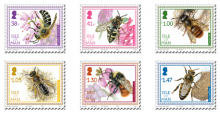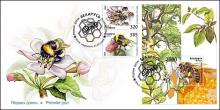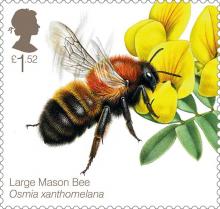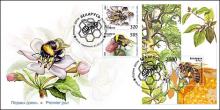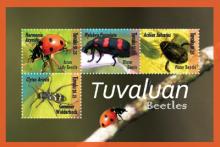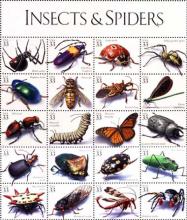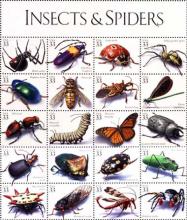Ontario restricts use of pesticides blamed for decline of bee populations
The Ontario government has unveiled North America’s first agricultural restrictions on a widely used class of pesticides blamed for the decline in bees and other pollinators.The controversial regulations aimed at reducing the use of neonicotinoid insecticides made by Bayer AG and Syngenta AG by 80 per cent within two years goes into effect on July 1. The province said on Tuesday it wants to reduce the overwintering death rate of honey bees to 15 per cent from an average of 34 per cent by controlling the planting of seeds treated with the three most commonly used neonicotinoids. Glen Murray, Ontario’s Minister of the Environment, said the rules are “highly workable” and address farmers’ concerns while reducing damage from neurotoxic pesticides that are persisting in streams and soil and affecting everything from birds and bees to butterflies and aquatic life. The rules, which are intended to improve the health of insects responsible for pollinating about $900-million worth of crops, require that farmers who use neonic-treated seeds to grow corn and soybeans show they have insect problems, and that seed vendors be licensed. Vendors of other pesticides require licences, and the new Ontario rules simply add neonics to that regime, he noted. Establishing, administering and enforcing the licensing and planting system will cost $3-million to $4-million a year, said Mr. Murray, conceding there is little to prevent anyone from purchasing the treated seeds in the United States.



